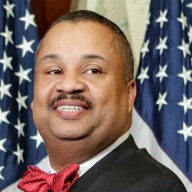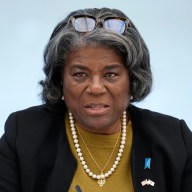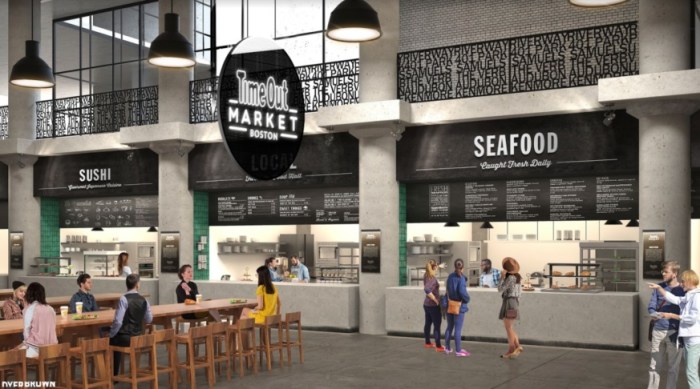(State House News Service) –Massachusetts cannot afford to have a presidential primary in 2016 under Gov. Charlie Baker’s proposed budget, the state elections chief said Tuesday.
In remarks to House and Senate budget writers, Secretary of State William Galvin flayed Baker’s proposed funding for elections in a year with no White House incumbent and an expected high voter turnout. “As you all know this country is scheduled to elect a new president next year. Apparently the governor only wants 49 states to vote, he doesn’t want this one, because he has drastically underfunded the elections budget,” said Galvin, a Brighton Democrat. Galvin’s office requested $8.1 million for elections, and Baker’s budget provides $5.7 million. Because fiscal year 2016 ends in June 2016, the outlay covers the costs of a presidential primary and his office ramping up for the fall elections. “I simply cannot run a credible election with those kind of numbers,” he said.
Galvin acknowledged there are alternatives, such as a caucus or calling for parties to pay for the primary, as some states have done.
“If this were to be the final appropriation, I would suggest to you we cannot afford to have a presidential primary next year on March 1,” Galvin said.
A Baker spokeswoman said the governor proposed the same level of funding for the secretary of state’s office as the last presidential primary, along with “investments in public education and assistance for the working poor.” “Given the $1.8 billion deficit left behind by the previous administration, belt tightening was required across state government,” said Elizabeth Guyton, Baker’s press secretary.
Galvin said Baker administration officials did not consult with his office about the proposal. “It doesn’t seem like a lot of thought went into putting down the numbers that they did,” he said. “When we sought some clarification after seeing the numbers last week, we were greeted with babble-speak, for lack of another description,” Galvin said. “They told us they reached the election decisions by using algorithms. Well, I’ve never run an election based on algorithms and I don’t think they could either.” Galvin said most of what he spends is the contractual cost of printing and assistance to cities and towns. He added that the state now has four existing parties — both the Green-Rainbow Party and the United Independent Party picked up party status last year — and his office is obliged to print ballots reflecting their status. Galvin’s office is also seeking to implement early voting and additional registration requirements that lawmakers signed off on last year, he said.
Baker also “diminished” funding for the central voter registry, a “key” instrument used by local clerks for state and municipal elections, Galvin claimed.
Galvin said he still has to pay a $585,000 debt associated with last year’s printing of transliterated candidate names on Chinese ballots. He has asked the Ways and Means Committee to pay off the bill, he said. Asked before the budget hearing about Galvin’s concern that the state couldn’t afford a presidential primary election, Senate President Stanley Rosenberg (D-Amherst) joked, “I’m okay with that.” “Certainly our elections are a critical foundation of our democracy as well, so I’ll listen to what he has to say and try to plan accordingly. Clearly, we need a primary,” Senate Ways and Means chair Karen Spilka (D-Ashland) added. [Matt Murphy contributed reporting.]
Galvin: Prez primary unaffordable under Baker budget

Derek Kouyoumjian for Metro


















